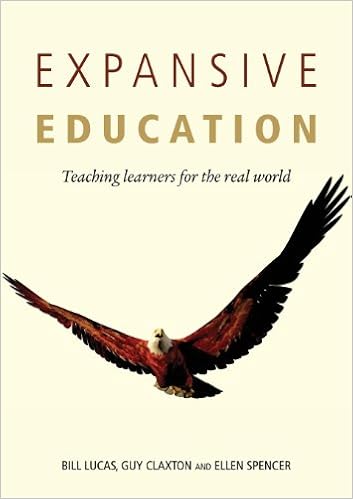As a team we decided that Integrity, Respect and Openness were the best fit for our principles to guide our belief around learning focussed relationships. These are not too dissimilar to the principles that Absolum himself uses. It was an interesting exercise to go through to get to this point, and we really had to dig deep to understand what each of those words meant to us.
Building on those principles, we looked at sharing learning intentions/objectives/goals etc. with the children and co-constructing these for shared ownership. Chapter four was a good read and I think Absolum makes some very interesting points that confirm my thinking around some of the things.
- It doesn't matter what you call them
- It doesn't matter how you share them - in fact, different ways will work for different things
- Learning isn't segmented and should be seen as a whole.
This last point, I think is particularly important and I like the example he used about a surgeon knowing how to make an incision, drain wounds and stitch. It's all very well for a surgeon to know these things, but we want them to be able to put their knowledge together to complete a successful operation. If I think about the complexity of writing, learners need to know how to hold a pencil, form letters, spell, form sentences, create interest etc. and put it all together to complete a story. Children need to be aware of the whole, and the parts.
What I worry about, is that balance between communicating the learning process and teaching the actual process. It would be a shame to see great portions of school learning time spent on writing up great screeds of intentions (for the students or on planning) - from the global to the specific. Although there are benefits to working through a sequence of teaching, a teacher is a trained professional, and has good judgement to know where to take students next on a whim. I would hope that a lesson would not have to stop to inform the student of what is about to happen. Often there's joy in the surprises.














